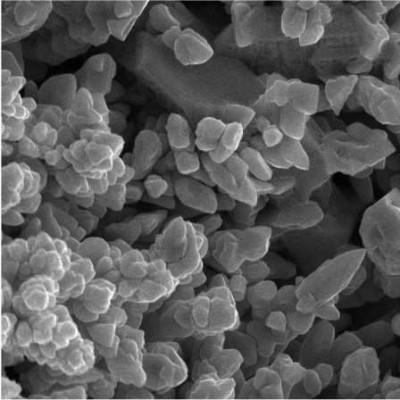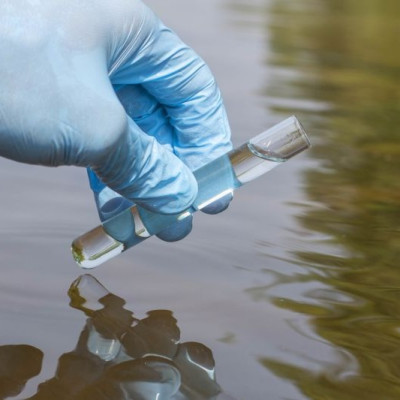New Study Assesses Graphene’s Potential Impact on Health and Environment

The European Union Observatory for Nanomaterials (EUON) has published a study that has systematically reviewed and critically assessed the potential health and environmental effects of graphene, graphene oxide, and other two-dimensional (2D) materials, based on existing public information of the last ten years.
Due to their unique properties, graphene and its derivatives have shown their usefulness in many commercial applications, including electronics, biomedical engineering, filtration, lightweight/composite materials, photovoltaics, and energy storage. Graphene also inspires novel nanoscience and nanotechnology applications of emerging 2D materials, opening more opportunities to develop new products.
Graphene’s rising popularity and broad application potential raises the need for more efforts in researching its safety aspects. The current study identified potential risks in specific scenarios, for example for surface water and soil located near point sources (such as production sites).
The study concludes that cytotoxic effects have been identified for specific graphene and 2D materials both on health and environment. The study report recommends that when health and environmental risks are reported or identified for a specific graphene or 2D material, doses and exposure scenarios should be considered for their manipulation and use.
According to the report, the toxicity and ecotoxicity of graphene-based materials deserve more research efforts using OECD test guidelines and ISO documentary standards. When reporting the results of these tests, a precise description of the material used in the tests is required to enable more specific conclusions on toxicity and ecotoxicity, which currently cannot be generalised.
Read the original article on European Union Observatory for Nanomaterials (EUON).



